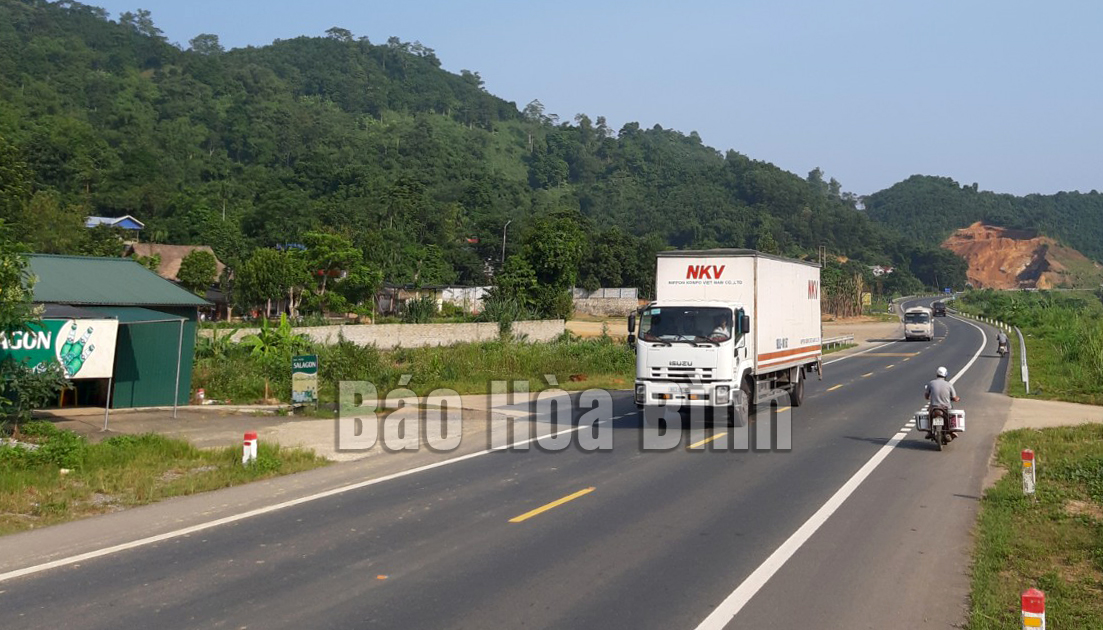



The Hoa Lac-Hoa Binh road reduces travel time from Hoa Binh’s centre to Hanoi capital, fostering investment in the province.
Hoa Binh holds huge potential for the development of resort tourism, ecotourism and community-based tourism. However, the resolution of the 27th Congress of the provincial Party organisation points out difficulties in calling for investment, particularly major businesses.
Lac Son district has effectively carried out land clearance serving the major project of Canh Tang reservoir, and applied a new method in land preparation for new investment, thus earning investors’ trust.
Kim Boi district is home to pristine landscapes, rich culture and a mineral spring. It is striving to develop high quality products in resort tourism and ecotourism in the future.
Meanwhile, Tan Lac has been known for switching to growing vegetables in mountainous communes. Now, it welcomes numerous projects in infrastructure, urban improvement and tourism development, among others.
Luong Son has rolled out measures, mechanisms and policies to mobilise resources so as to realise a target of becoming a dynamic economic zone and a town by 2025.
For its part, Hoa Binh city inaugurated new constructions and paid heed to urban development, with an aim to turn itself into a modern and civilised urban area and gateway of the north western region.
The province has welcomed major investors like TH Group, Sun Group and FLC, who came to study possibilities of urban development and tourism projects, offering chances for Hoa Binh to make breakthroughs in the time to come.
Last year, the province fulfilled 16 out of the 21 criteria set in the Congress of the provincial Party organisation. Its per capita gross regional domestic product hit 61.5 million VND (2,720 USD).
Ngo Van Tuan, Secretary of the provincial Party Committee and head of the National Assembly deputies of Hoa Binh, said the province aims to meet the national average level in terms of economic growth and collects 10 trillion VND for the State budget by 2025.
It will focus on four strategic fields of planning, infrastructure investment, business climate improvement, and human resources quality, as well as prioritise resources for strategic infrastructure projects.
In addition, authorities will devise solutions to upgrade the business climate and support firms and investors in fields that the province boasts strength in, namely support industries, high quality agriculture, urban development and ecotourism./.